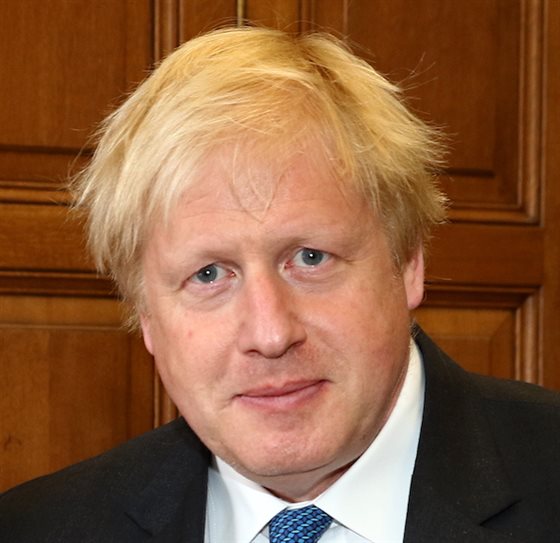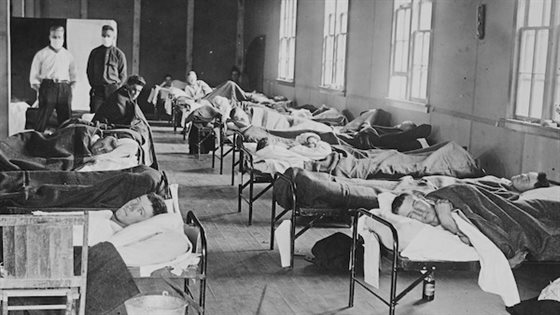Boris Johnson says lockdown measures must remain in place for now to prevent a “disastrous” second wave of COVID-19 infections. DMU virologist Dr Maitreyi Shivkumar explains why There are signs that the UK is passing the peak of the first wave of infections, where the number of cases is not increasing sharply every day.
However, we still don’t know how many people have been infected as the level of testing in the UK has not been as high as in some other countries, such as Germany. Some studies have estimated that between 3% and 14% of the people have antibodies that work against the virus. However, a large proportion of the UK population will still not be immune to the virus.

Studies have shown that almost half the transmission occurs from people who are pre-symptomatic – that is, they have coronavirus but don’t realise it because they are not showing any of the symptoms yet. By the time they start to show symptoms (2 - 14 days after infection) they will have already spread it to their contacts. This is the biggest risk.
So once lockdown is reduced, the risk of transmission by close contact increases, to people who are not immune. We are likely to see a spike in infections again, which we call the "second wave". This has been seen with other flu pandemics in the past. In the 1918 Spanish flu pandemic the second waves killed more people than the first. After the First World War, American cities that came out of lockdown early were worst hit.

We need to increase the numbers of tests being done every day which will allow us to trace their contacts quickly. With enough mass testing and large-scale contact tracing, infected people and their contacts can be isolated early on.
Even though we are not seeing an increase in the number of cases, the number of new daily cases still is high so if a second wave occurred now, the burden on the NHS would increase. For now, the best thing to do is to continue staying at home and minimise the risk of a second wave of infections.
Posted on Tuesday 28 April 2020